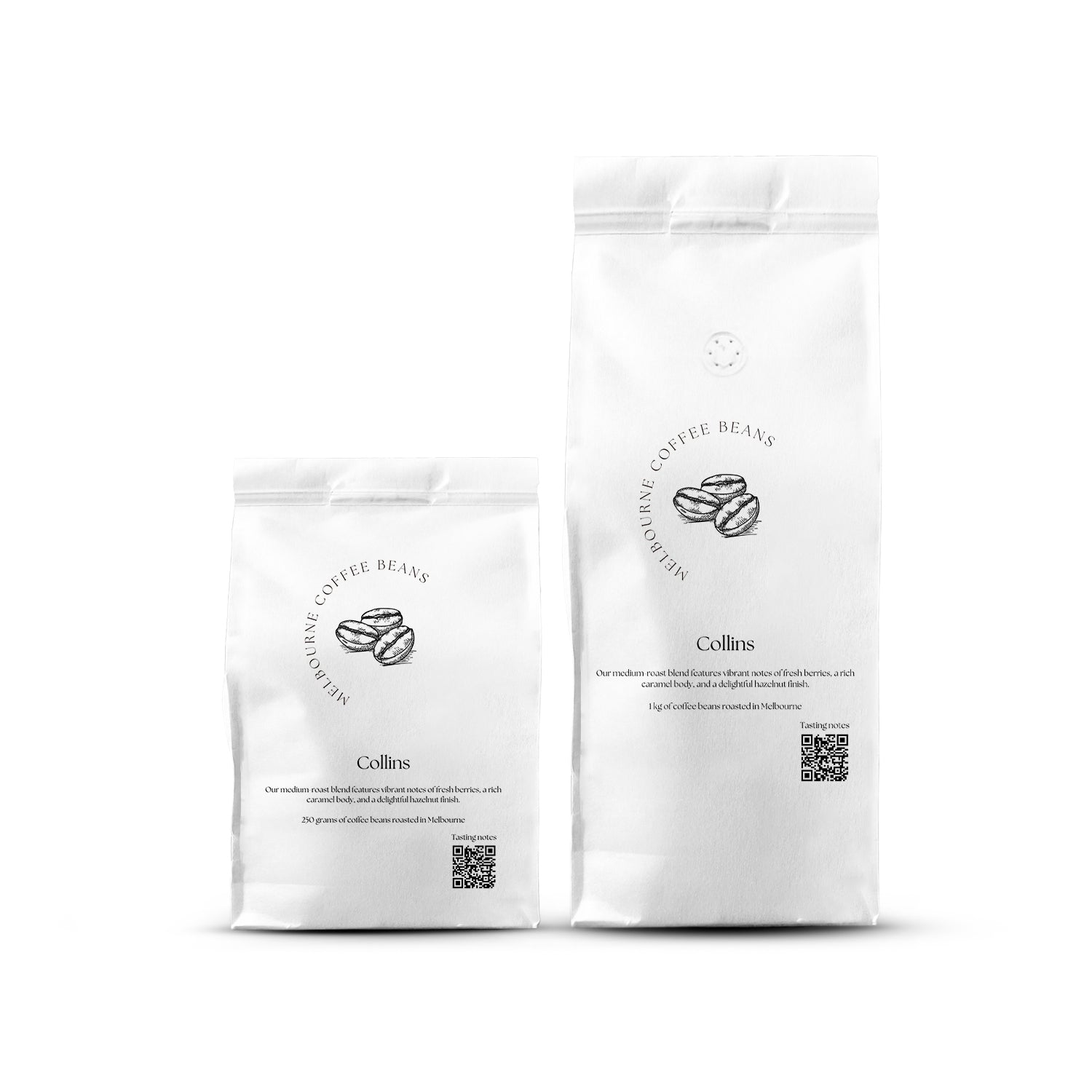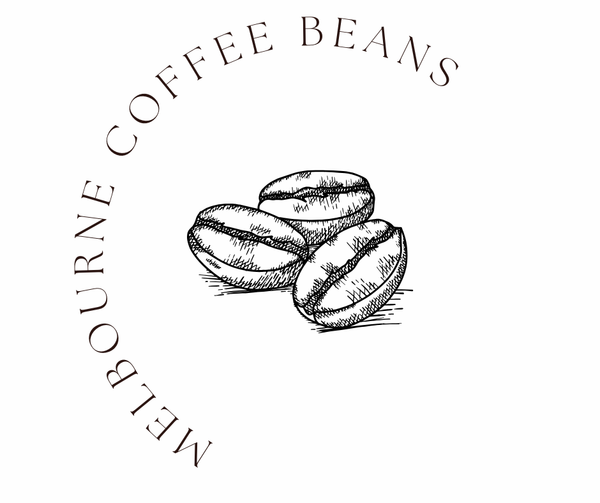The coffee industry has undeniably evolved over the years. One change that's really stirred things up is the rise of fair trade coffee beans. It's not just about a top-notch cup anymore; it's about making sure our morning brew doesn't come at the expense of the hardworking farmers who produce it. From the hills of Papua New Guinea to the fields of South America, fair trade is changing lives, one bean at a time.
Let's see why fair trade matters in coffee production and how you can be part of this positive change.
Key Takeaways
- Fairtrade ensures coffee farmers receive a fair price for their produce.
- Certified organic fair-trade coffee supports sustainable farming practices.
- Purchasing fair-trade coffee directly benefits local communities in coffee-growing regions.
What is Fair Trade?
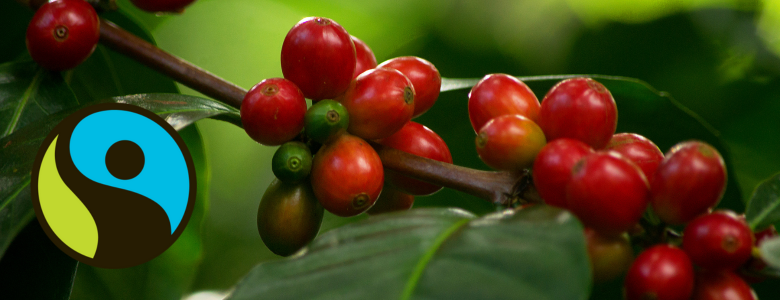
Fairtrade is a global movement aimed at promoting better trading conditions and sustainability.
In the coffee world, it means ensuring small-scale farmers get a fair go. When you see that Fairtrade certified label, you know the farmers have been paid a fair price for their beans. This system also includes a Fairtrade premium, which goes towards community projects like schools or healthcare facilities.
As a cafe owner, I've seen firsthand how this impacts the quality of coffee. Happy farmers tend to produce better beans, and that translates to an excellent cup of coffee for you.
How to Identify a Fair Trade Coffee Bean?
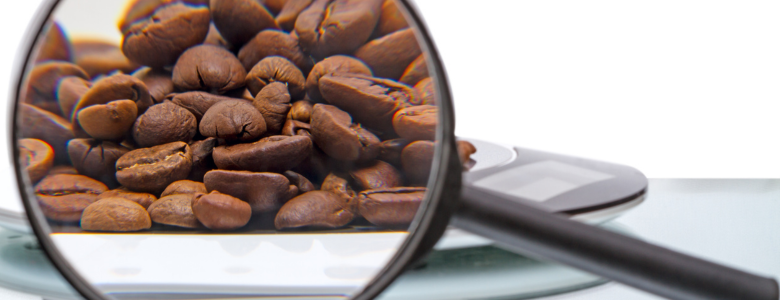
Spotting fair-trade beans is easier than you might think. Here's what to look out for:
- Look for the Fairtrade label on the packaging.
- Check if it's certified organic as well - many fair trade coffees are.
- Read the origin information - it often mentions support for local neighbourhoods.
- Some brands will explain how the Fairtrade premium is used.
- Ask your local coffee shop or roaster about their sourcing practices.
Remember, not all ethical coffees are labelled 'Fairtrade'. Some roasters work directly with farmers but might not have official certification. Don't be shy to ask questions!
Why Fairtrade Coffee Beans Are Important
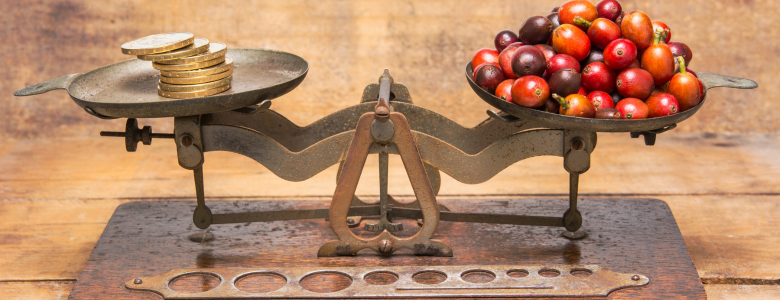
Fair Trade coffee isn't just about a quality cup; it's about fostering a more equitable and sustainable coffee industry. Let's dive into why Fairtrade matters and how it impacts everyone from farmers to your local barista.
Fair Compensation and Safe Working Conditions
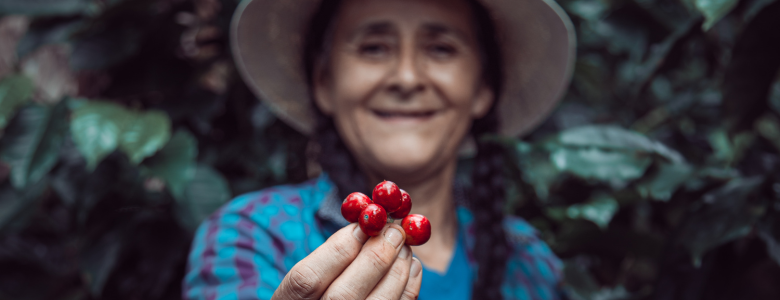
Throughout the years, I've seen the impact of Fairtrade coffee on both our local coffee culture and the global coffee industry. The importance of supporting Fairtrade farmers cannot be overstated, especially considering they produce a significant portion of the world's coffee.
Fairtrade ensures that farmers work in safe conditions and receive fair compensation for their produce. This is crucial in an industry where price fluctuations can devastate small farmers. When you purchase Fair Trade coffee in Australia, whether for your home espresso machine or at a local shop, you're directly contributing to this ethical system.
Community Development and Sustainability
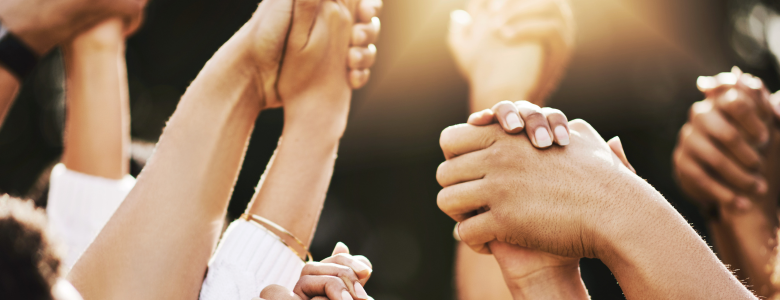
The benefits extend beyond individual farmers to entire communities. Fairtrade premiums (often included in the price you pay, tax included) fund local projects like schools, healthcare facilities, and infrastructure improvements. This creates a positive ripple effect, lifting entire regions out of poverty.
Moreover, many Fair Trade coffees are also certified organic, promoting environmentally friendly farming practices. This protects local ecosystems and ensures safer working conditions for farmers, contributing to a more sustainable coffee industry.
Business Benefits and Consumer Trends
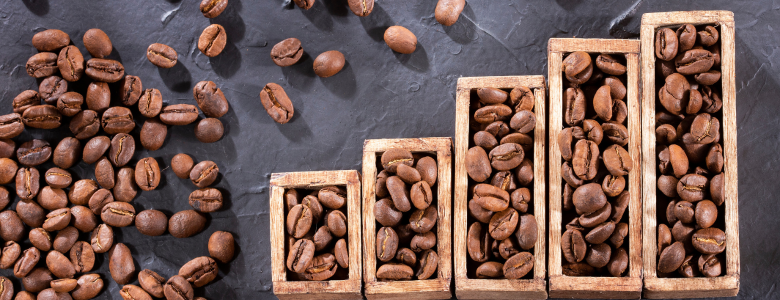
From a business perspective, offering Fairtrade coffee can set your shop apart. Many Aussie coffee lovers are becoming more conscious about where their daily brew comes from. By serving Fairtrade, you're not just pouring a great cup but also a story of ethical sourcing that resonates with customers.
It's worth noting that Australia purchased over 1.4 million kilograms of Fair Trade coffee last year, showing a growing commitment to ethical consumption. This trend isn't just good for farmers; it's pushing the entire coffee industry towards more sustainable and equitable practices.
The Power of Choice
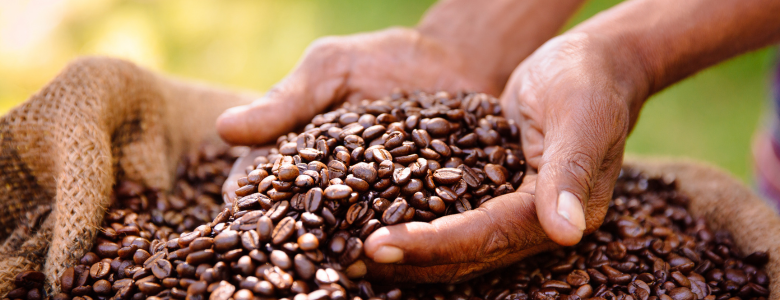
In essence, every time you choose Fair Trade coffee, you're voting for a fairer world with your wallet. It's a small choice that makes a big difference, connecting your daily espresso to positive change across the globe. As members of one of the world's most vibrant coffee cultures, we have the power – and responsibility – to support a coffee industry that values farmers as much as it does the final product in our cups.
Popular Fair Trade Coffee Bean Varieties
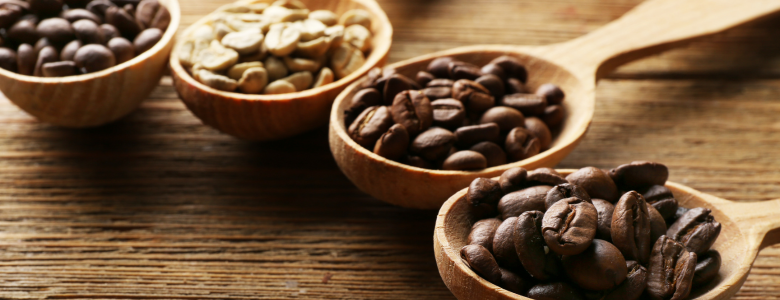
Australia's coffee scene is brimming with top-notch Fairtrade options. Here are a few popular varieties I've had the pleasure of serving:
- Papua New Guinea Fairtrade Organic: A full-bodied coffee with nutty and chocolate notes.
- Colombian Fairtrade Espresso: Bright and balanced, perfect for your morning flat white.
- Ethiopian Fairtrade Yirgacheffe: Floral and fruity, ideal for pour-over enthusiasts.
- Peruvian Fairtrade Organic: Smooth with caramel sweetness, great for cold brew.
Remember, Fairtrade coffee options are vast. Don't be afraid to experiment and find your favourite!
Summary
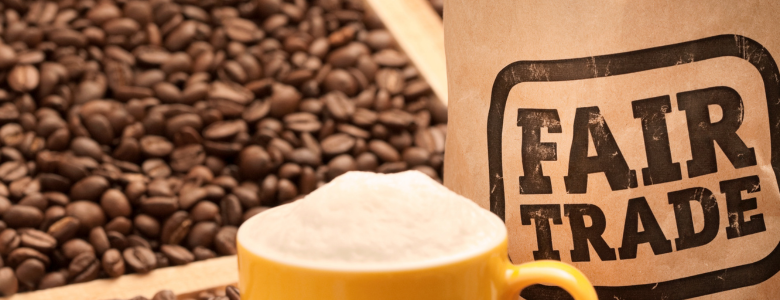
Fair trade beans are more than just a trend; they're a movement towards a more equitable and sustainable coffee industry. By choosing Fairtrade, we support small-scale farmers, invest in local communities, and promote better farming practices. Whether you're in a bustling Melbourne cafe or brewing an espresso at home in Perth, every Fairtrade purchase makes a difference.
So, where to buy Fairtrade coffee beans? Look for Fairtrade-certified coffees in your local shops, online retailers, or specialty roasters. Let's raise our cups to fair trade - where every sip contributes to a better world!
Frequently Asked Questions
What are fair trade coffee beans?
Fairtrade coffee beans are sourced from farmers who receive fair compensation for their crops. This system ensures better working conditions, sustainable farming practices, and community development in coffee-growing regions.
What is the difference between fair trade coffee and normal coffee?
Fairtrade coffee guarantees farmers a minimum price and promotes sustainable practices. Normal coffee doesn't ensure fair compensation or ethical sourcing. Fairtrade also invests in community projects, while conventional coffee production often prioritises profit over farmer welfare.
What country do Fairtrade coffee beans come from?
Fairtrade coffee beans come from various countries in Latin America, Africa, and Asia. Major producers include Colombia, Ethiopia, Honduras, Peru, and Indonesia. The specific origin depends on the brand and variety you choose.
Why is coffee an issue with Fairtrade?
Coffee is a focus for Fairtrade due to historical exploitation in the industry. Price volatility, climate change, and unfair trade practices have long affected coffee farmers. Fairtrade aims to address these issues and improve farmers' livelihoods.
